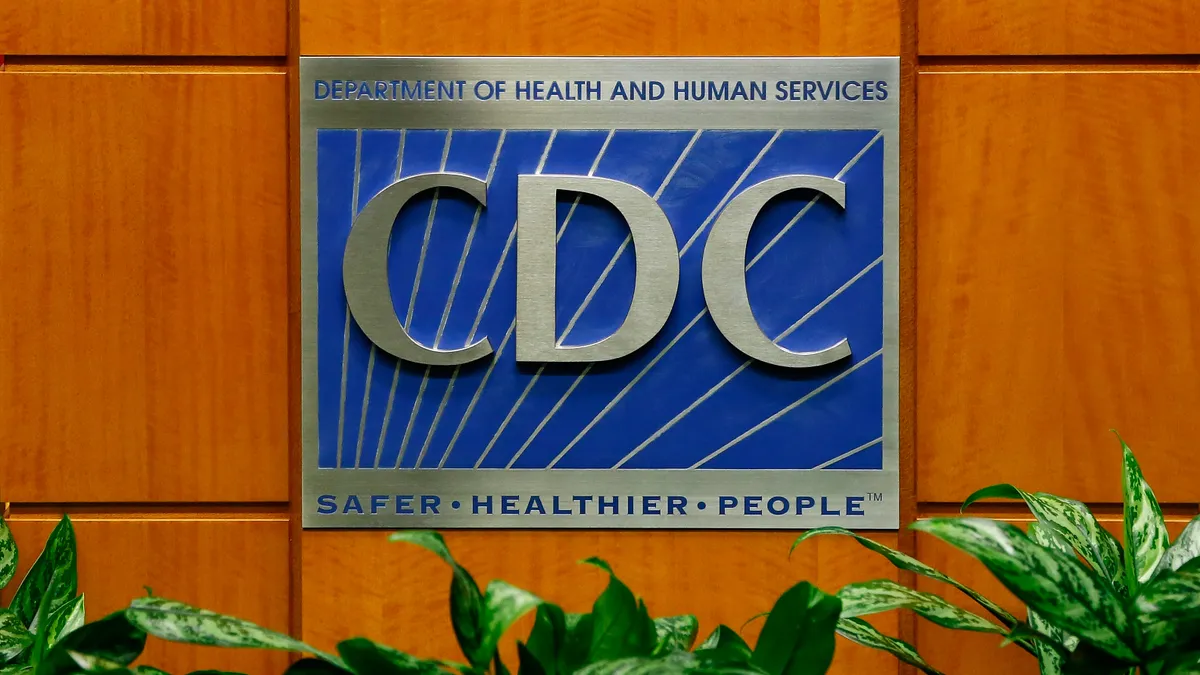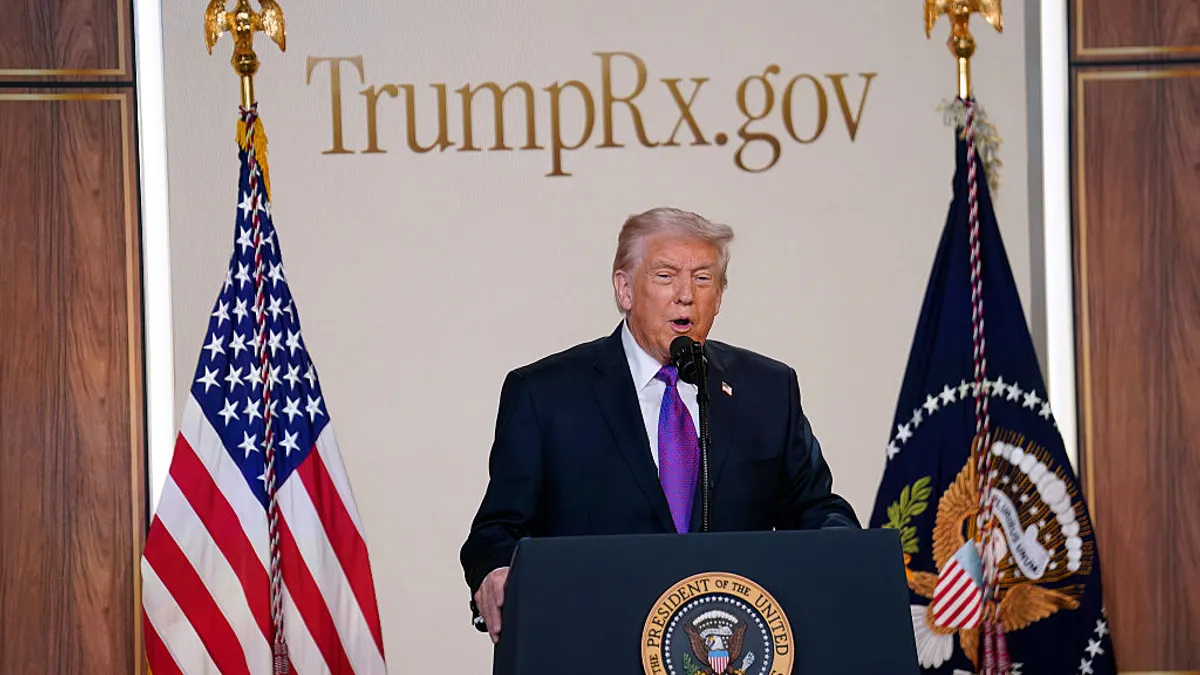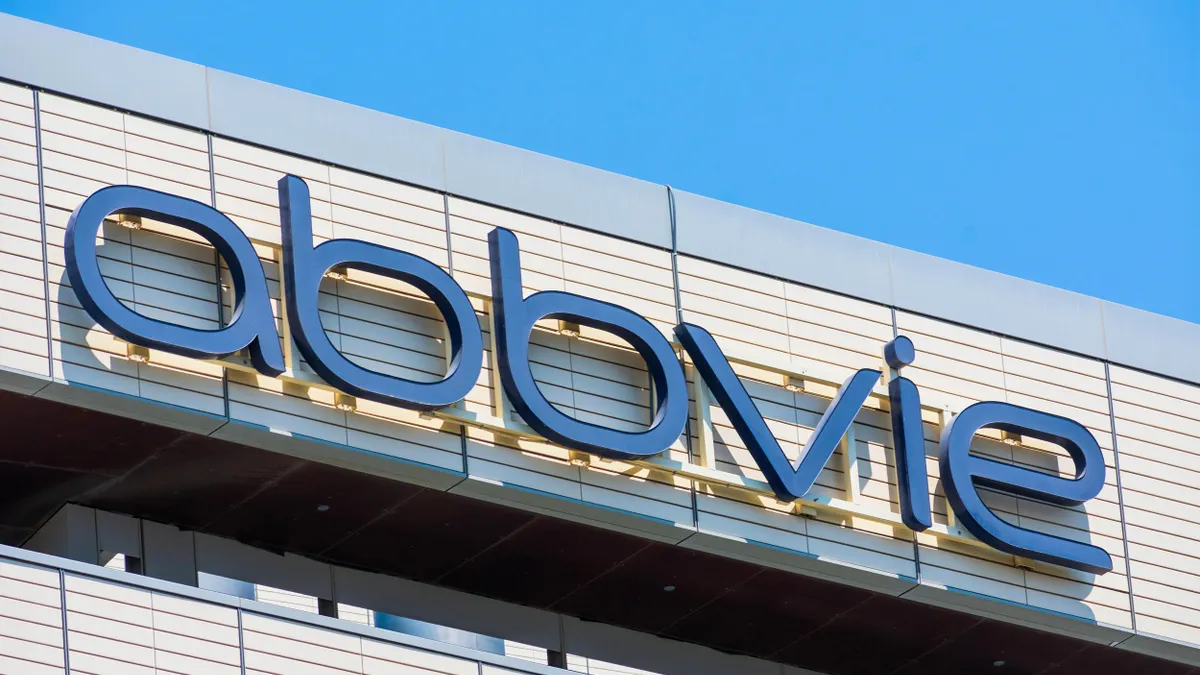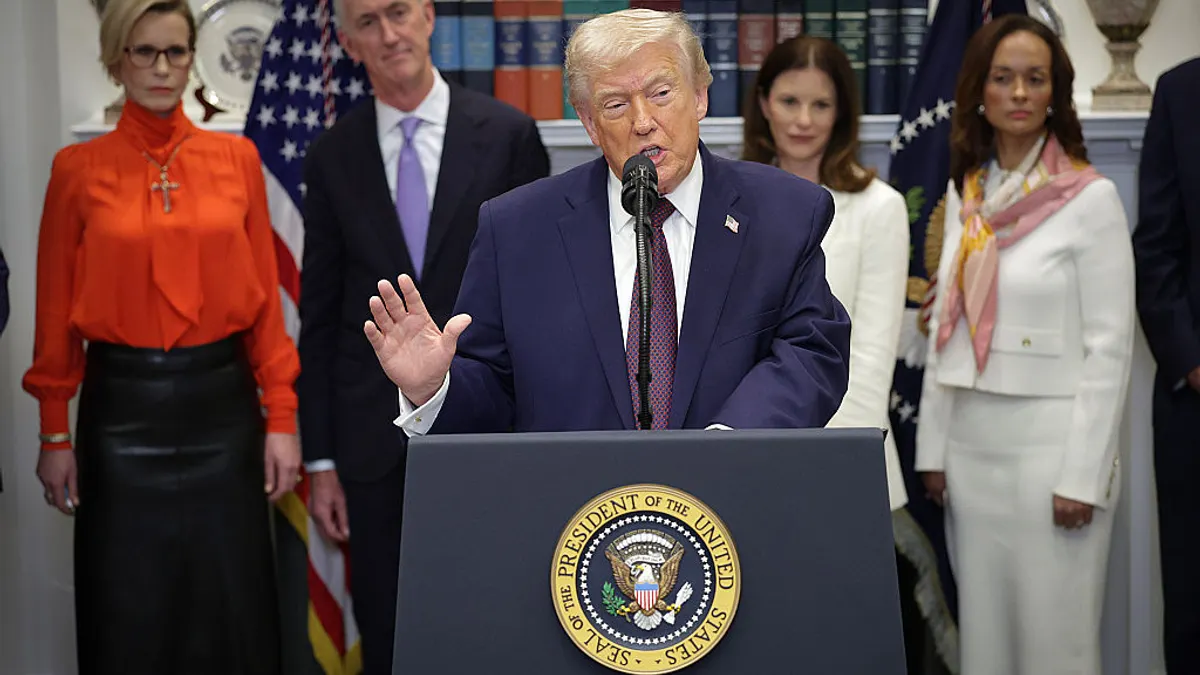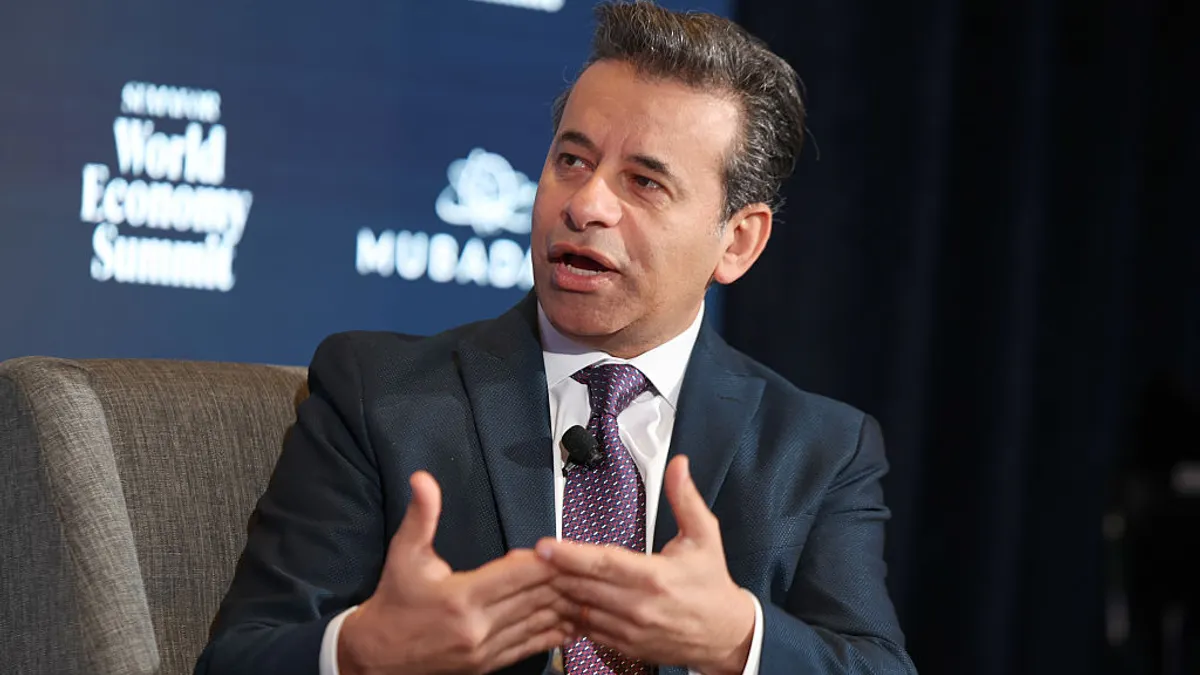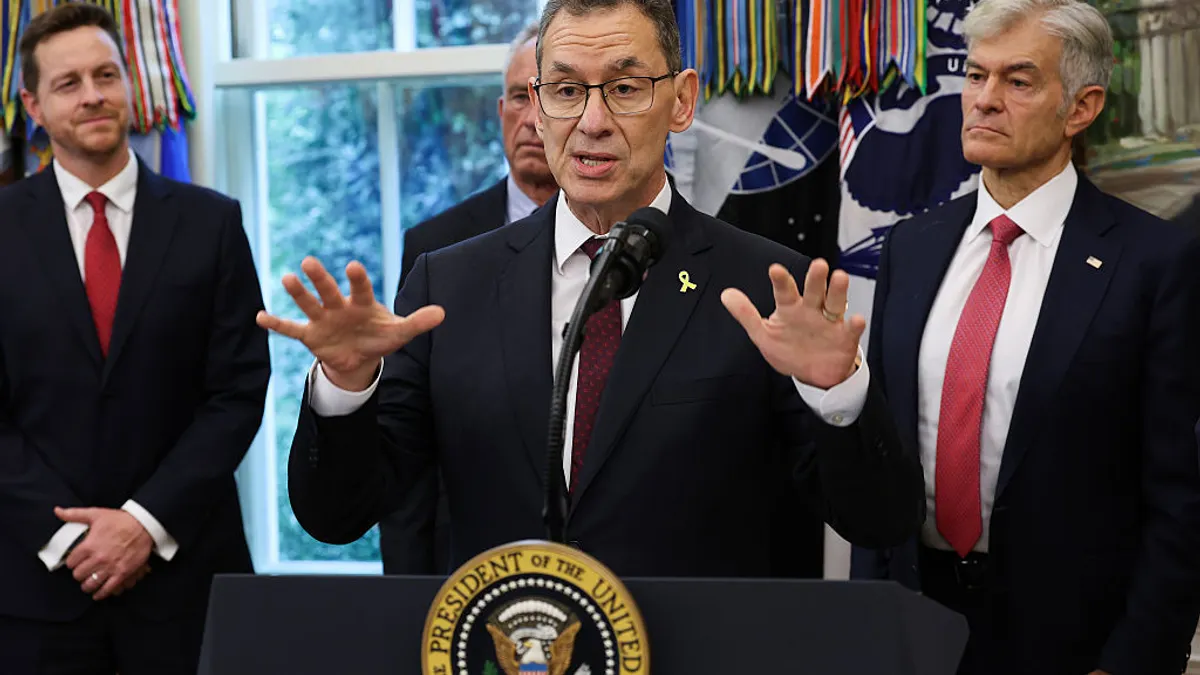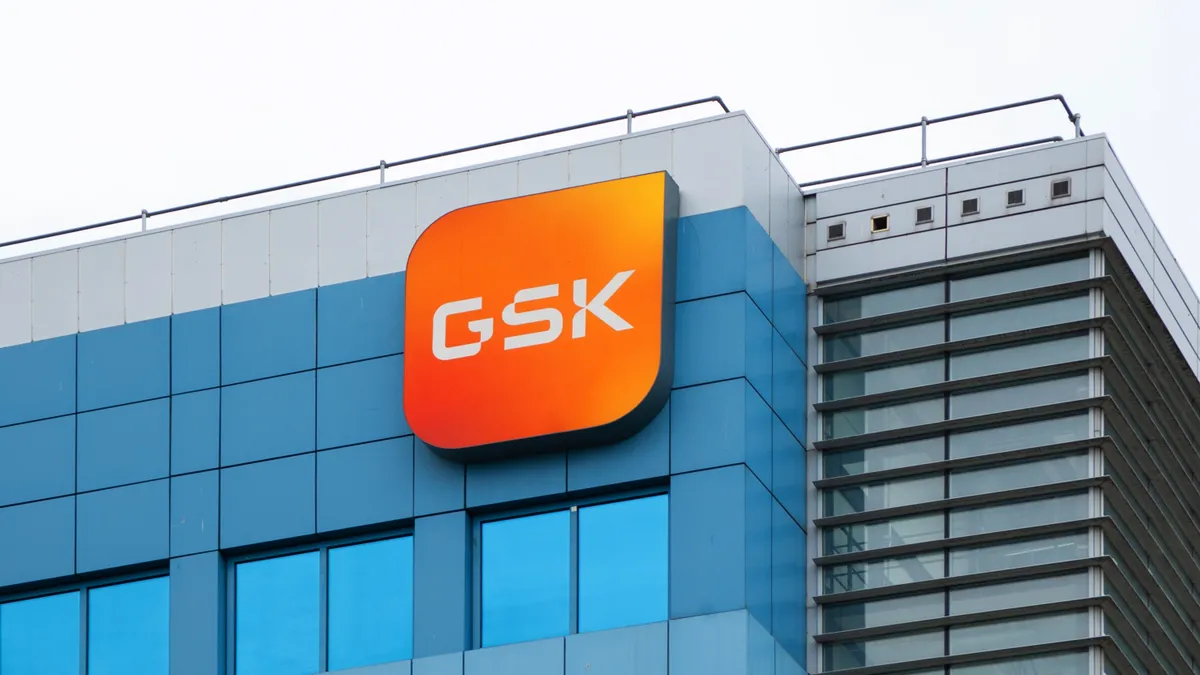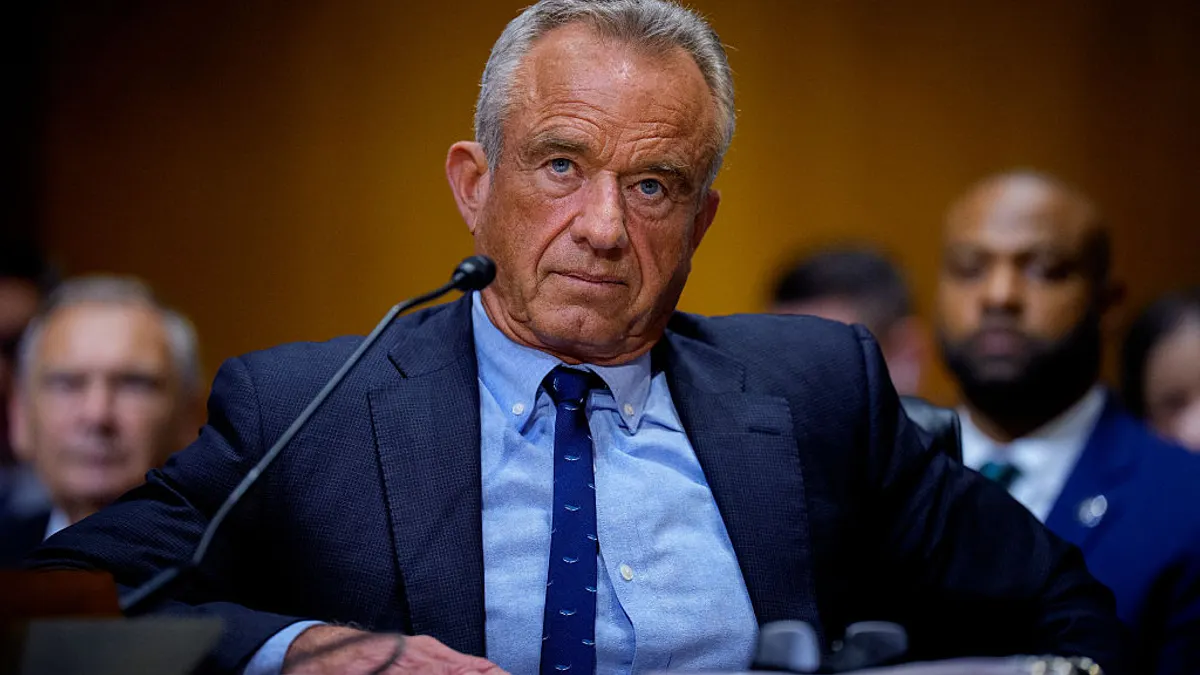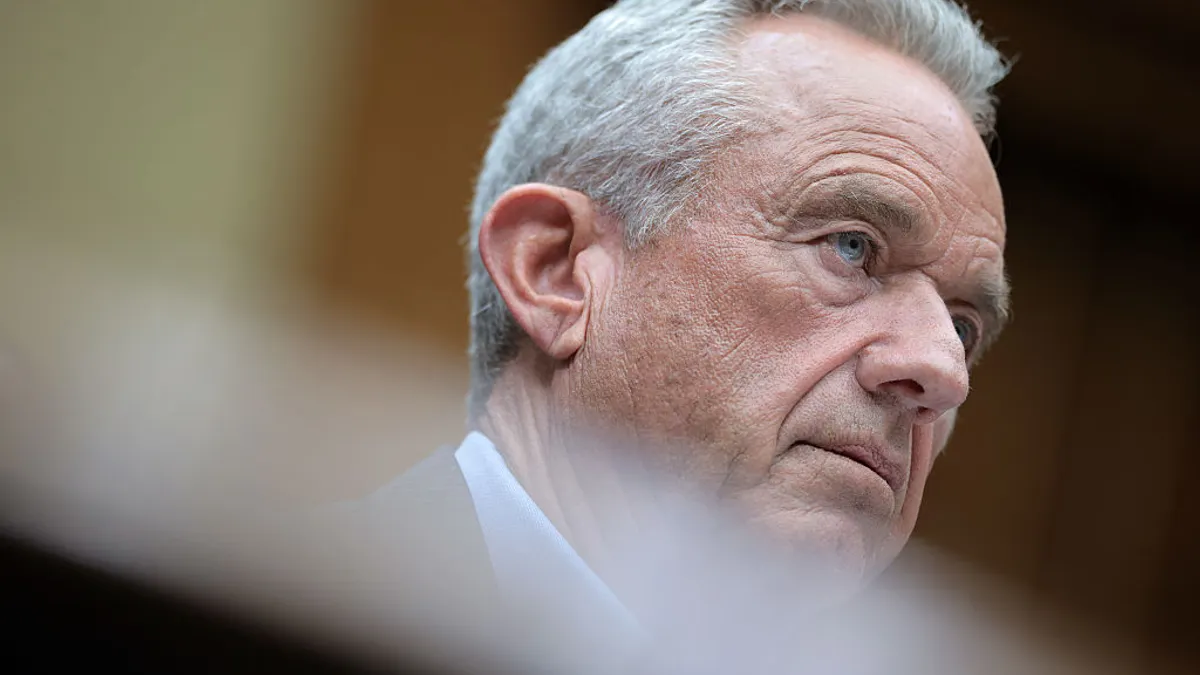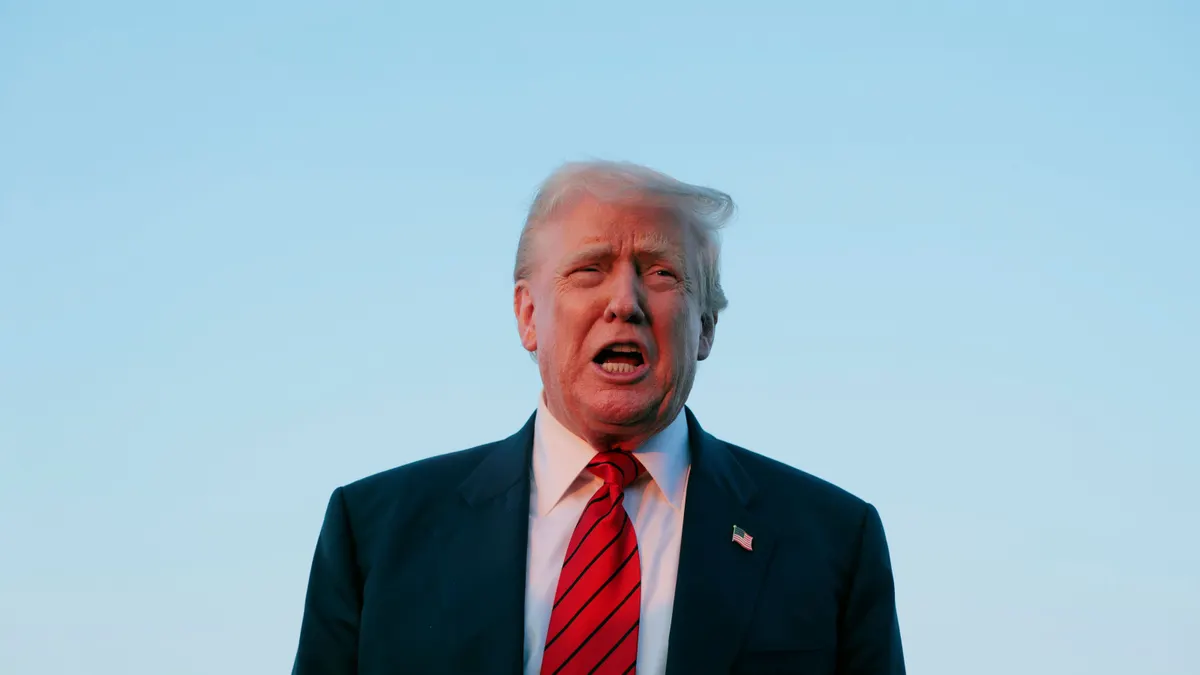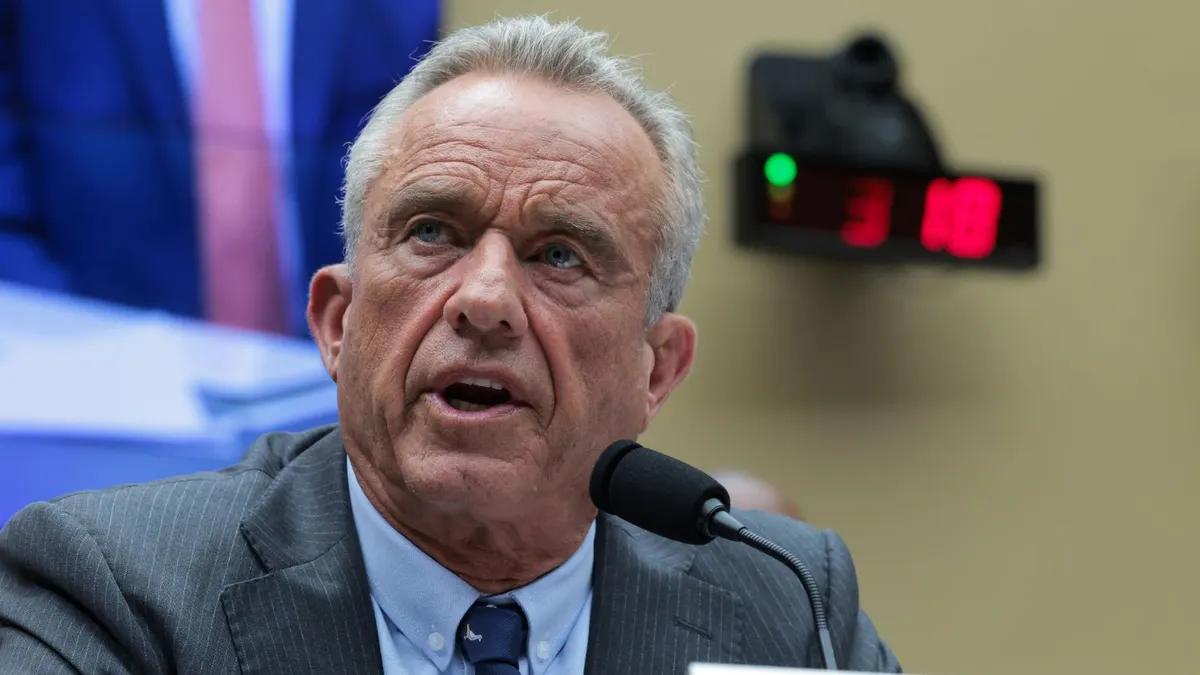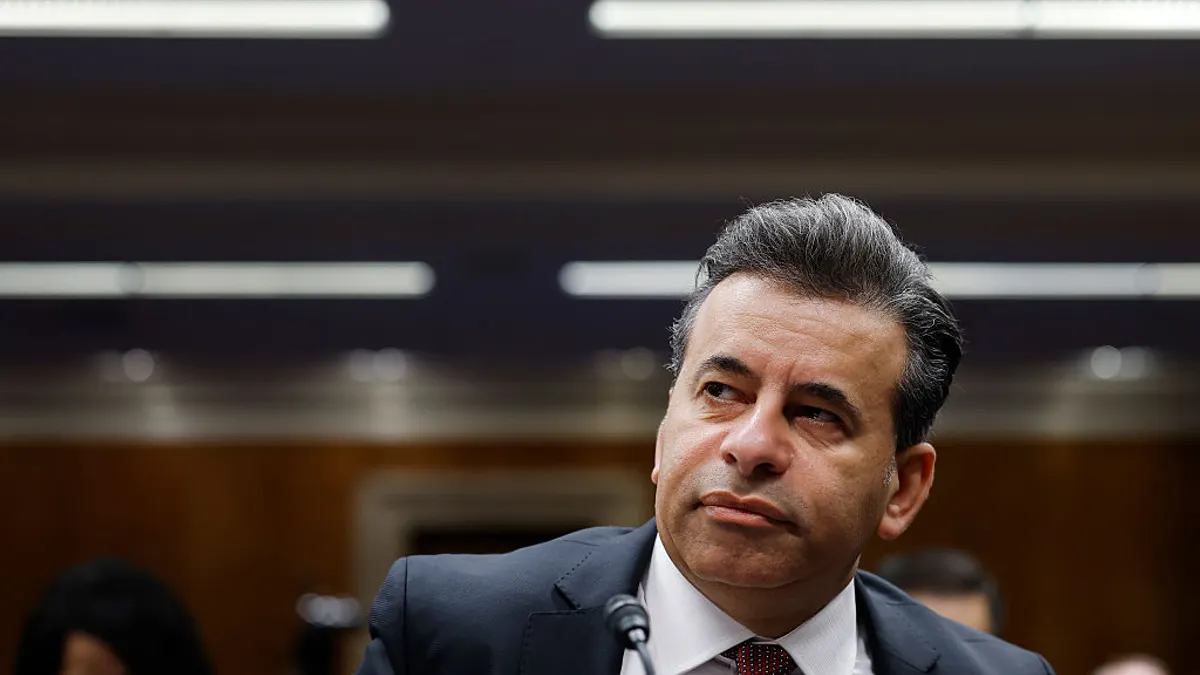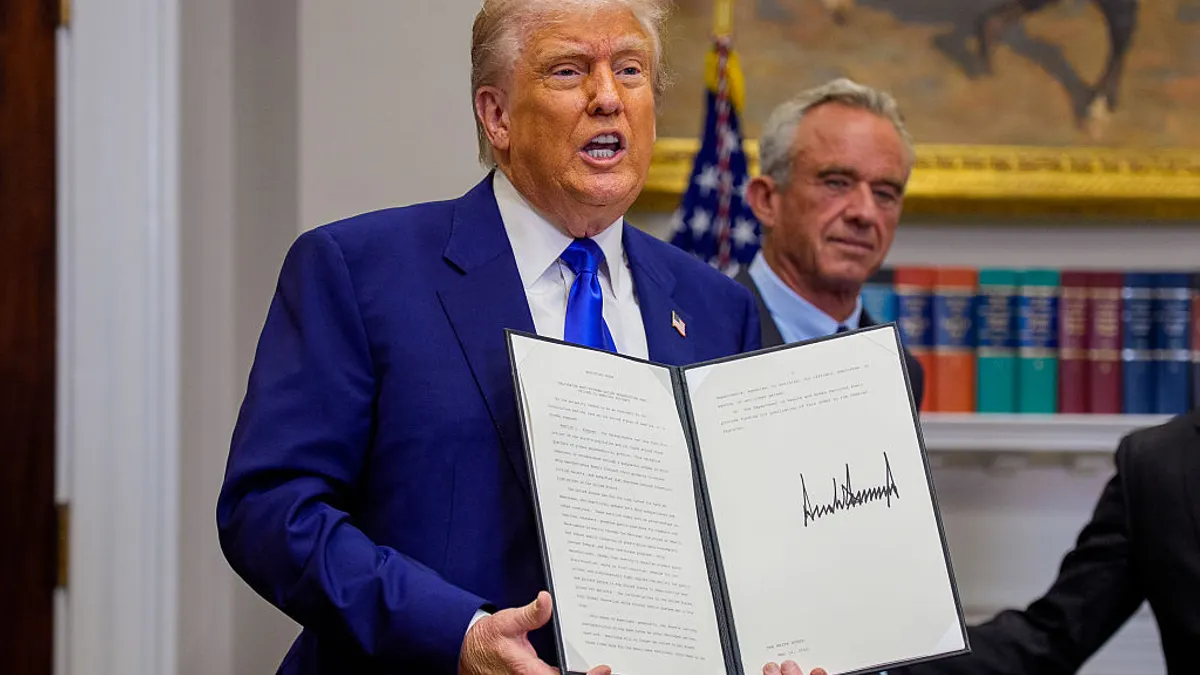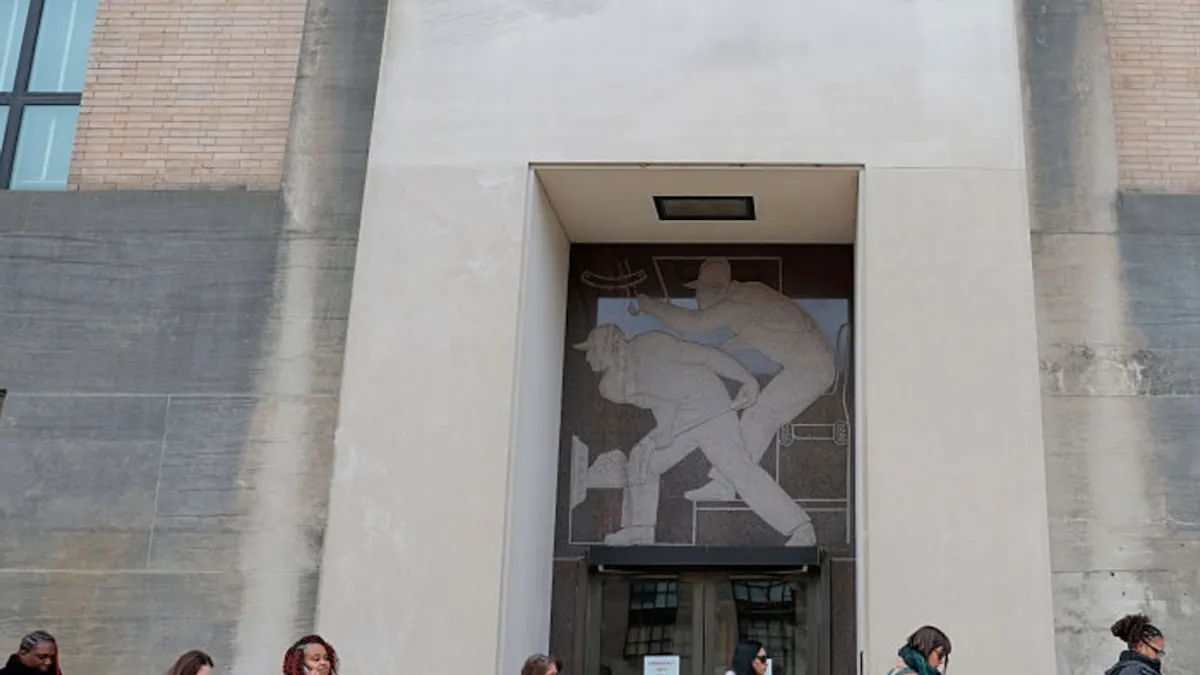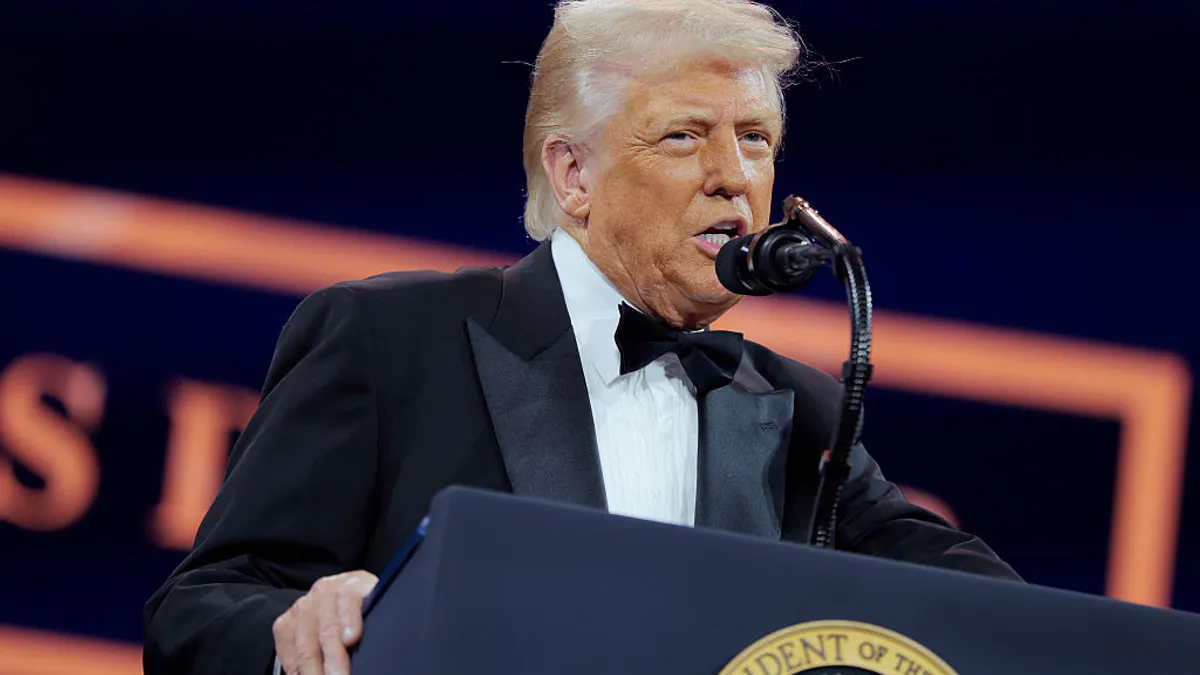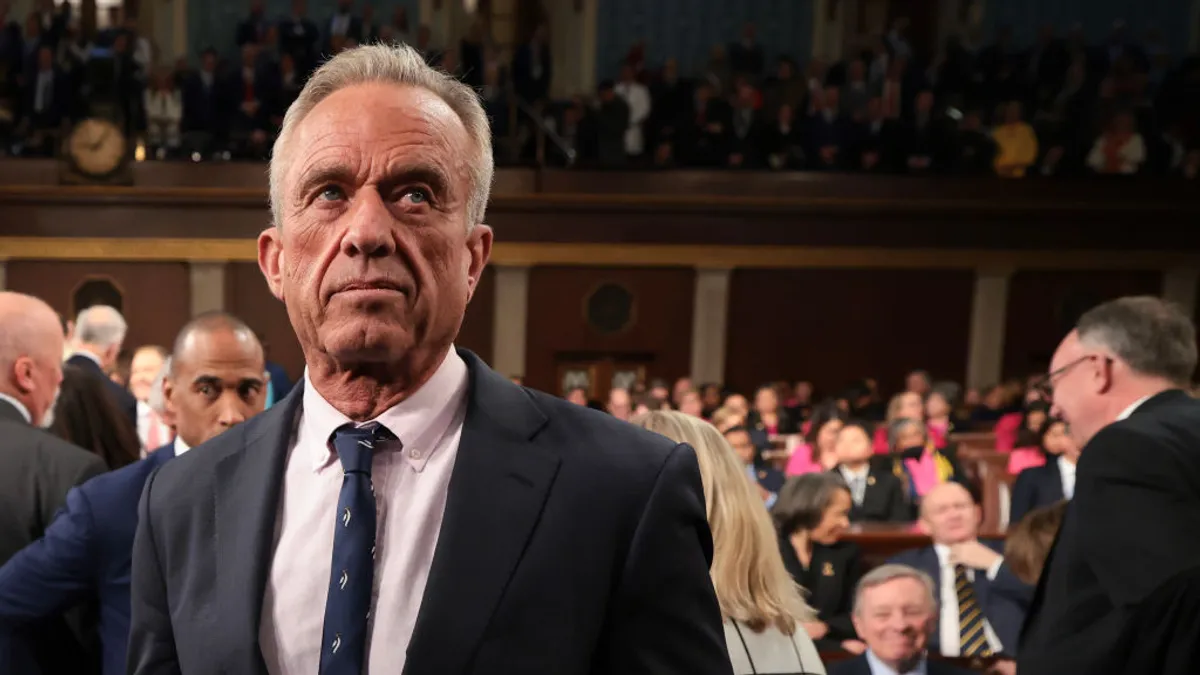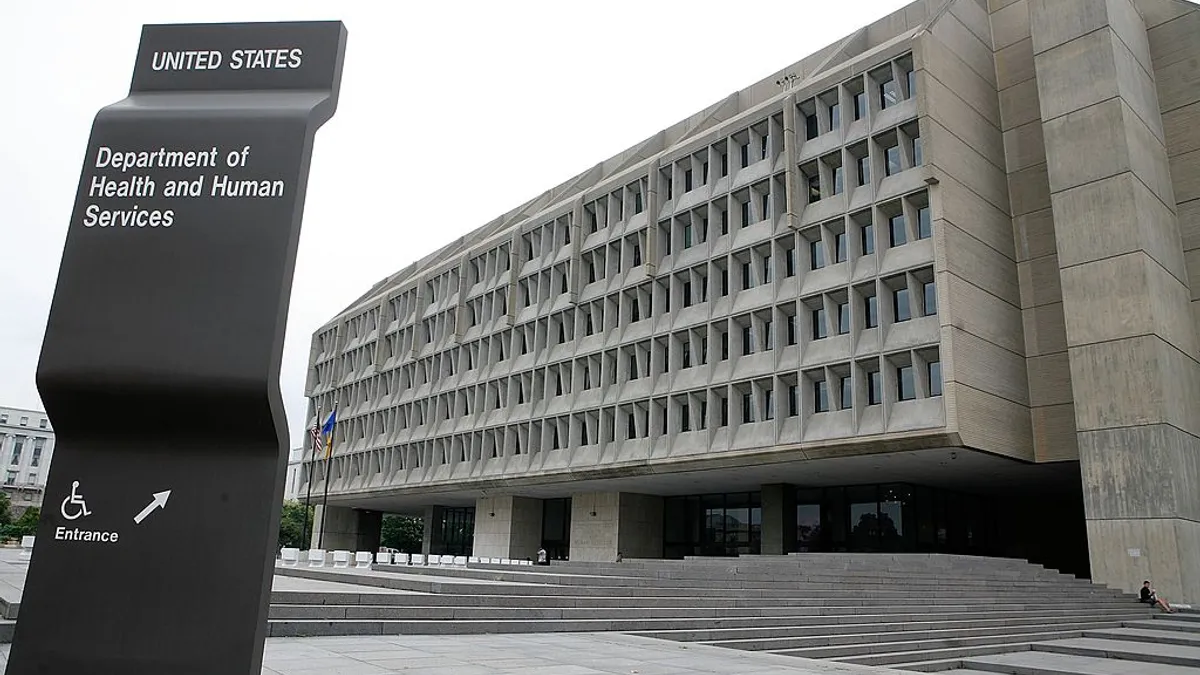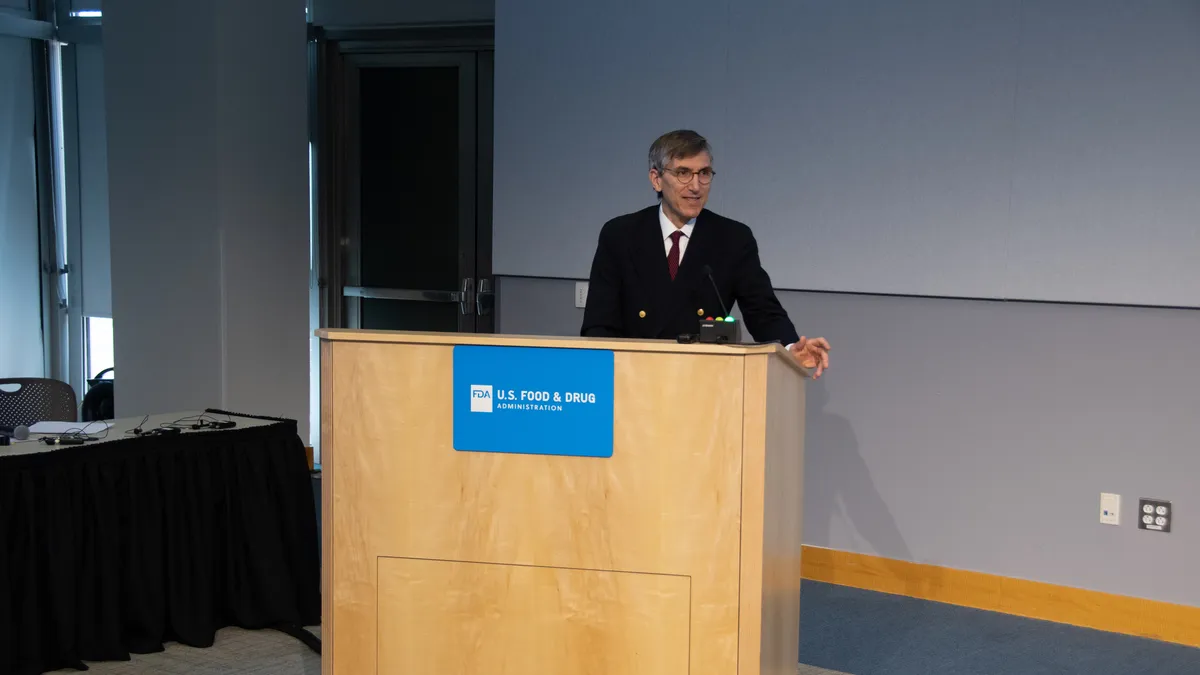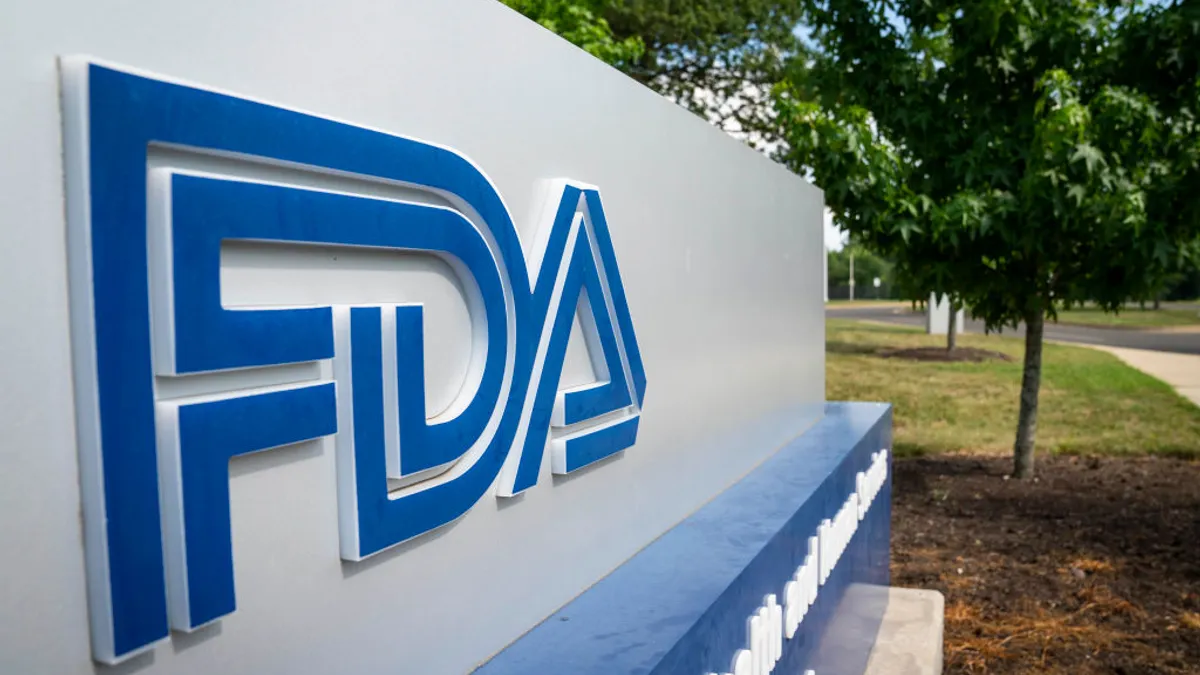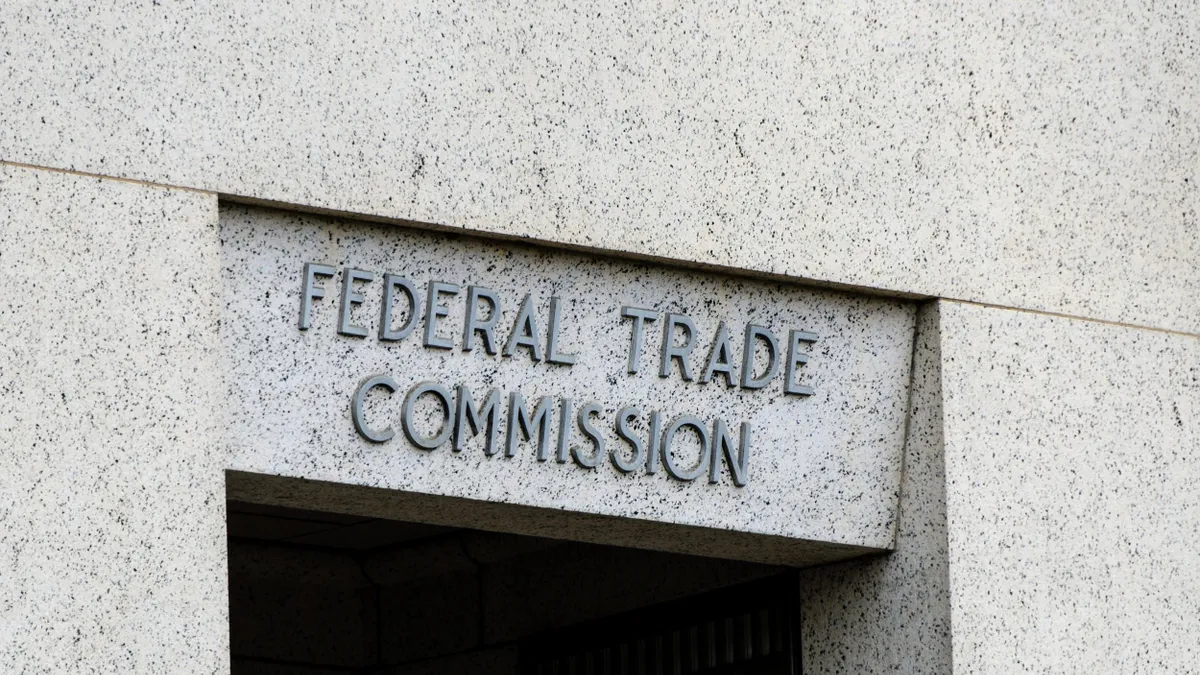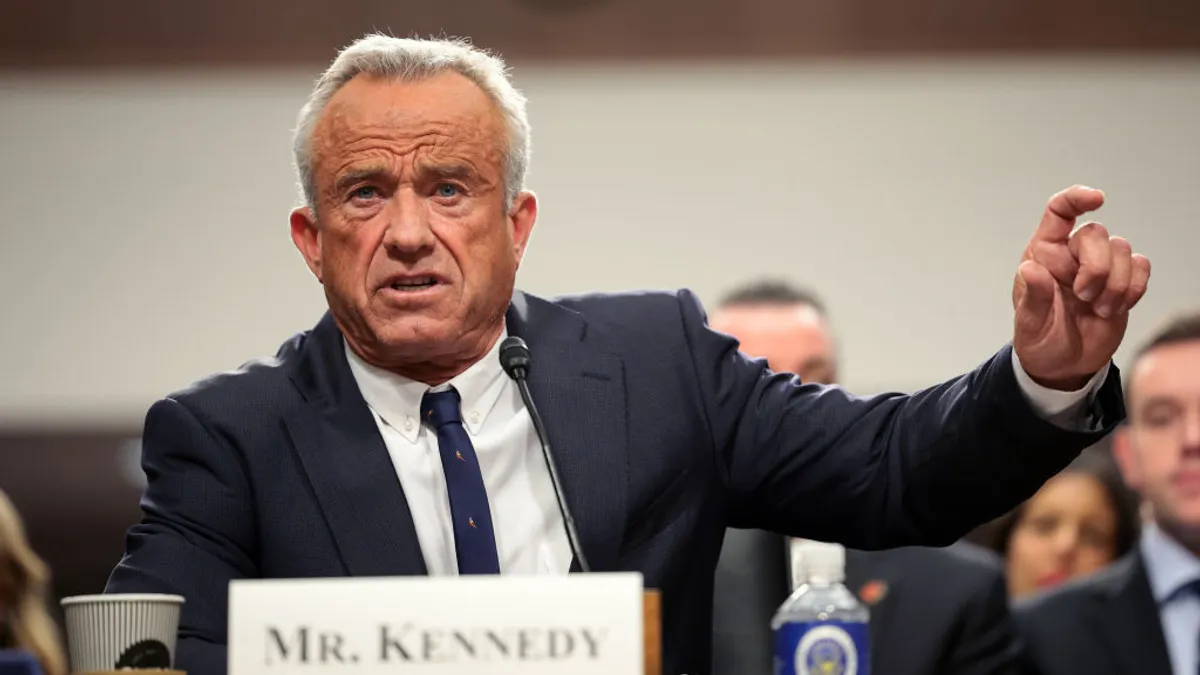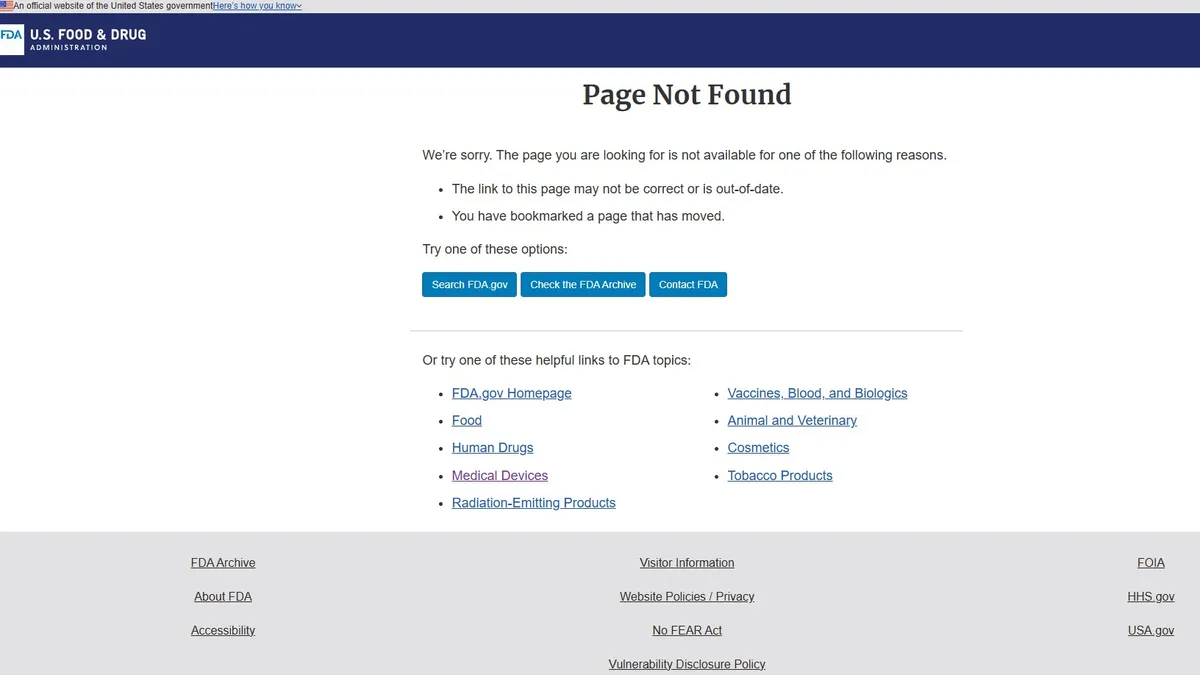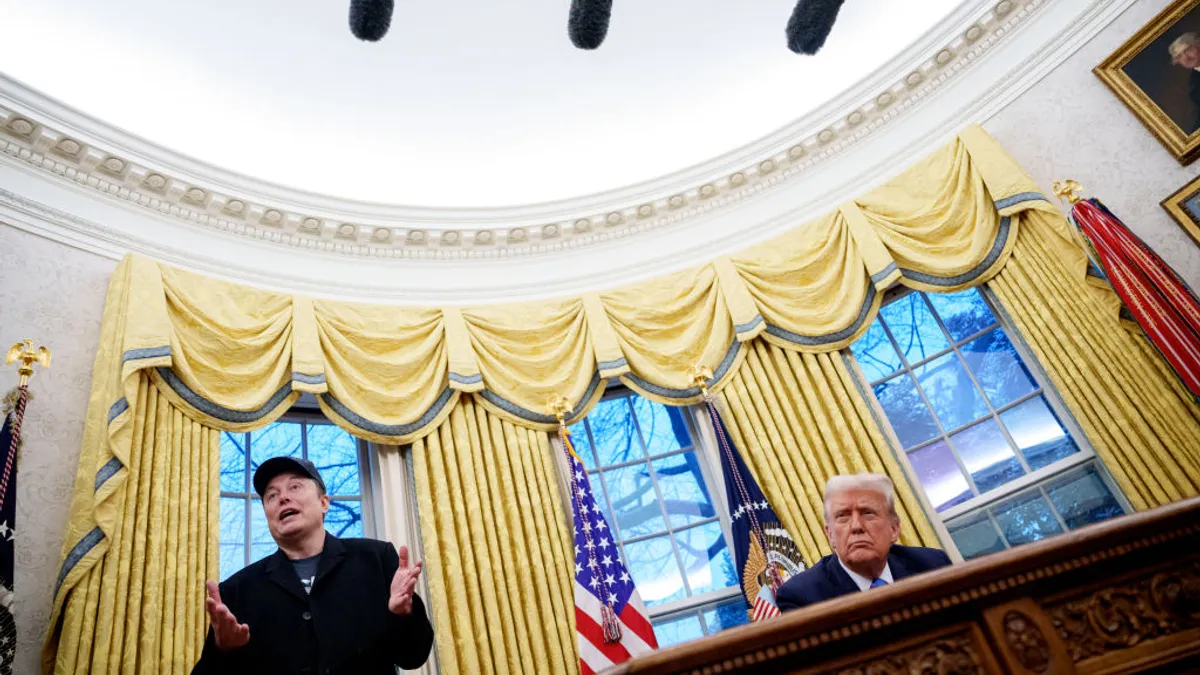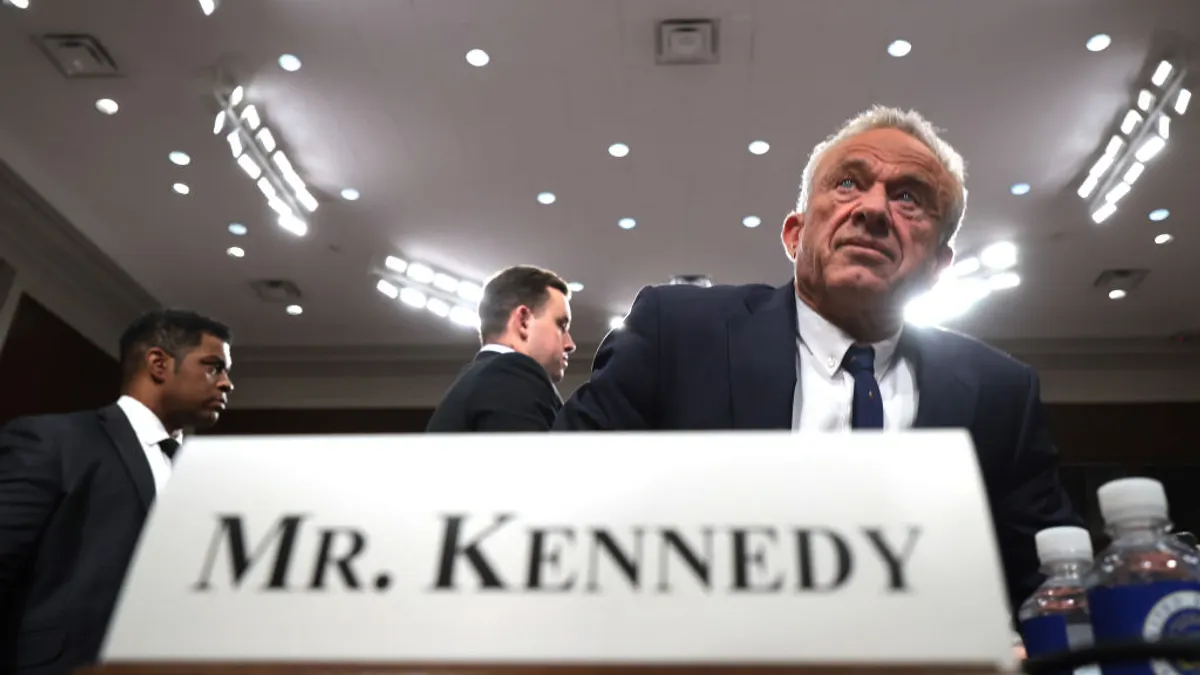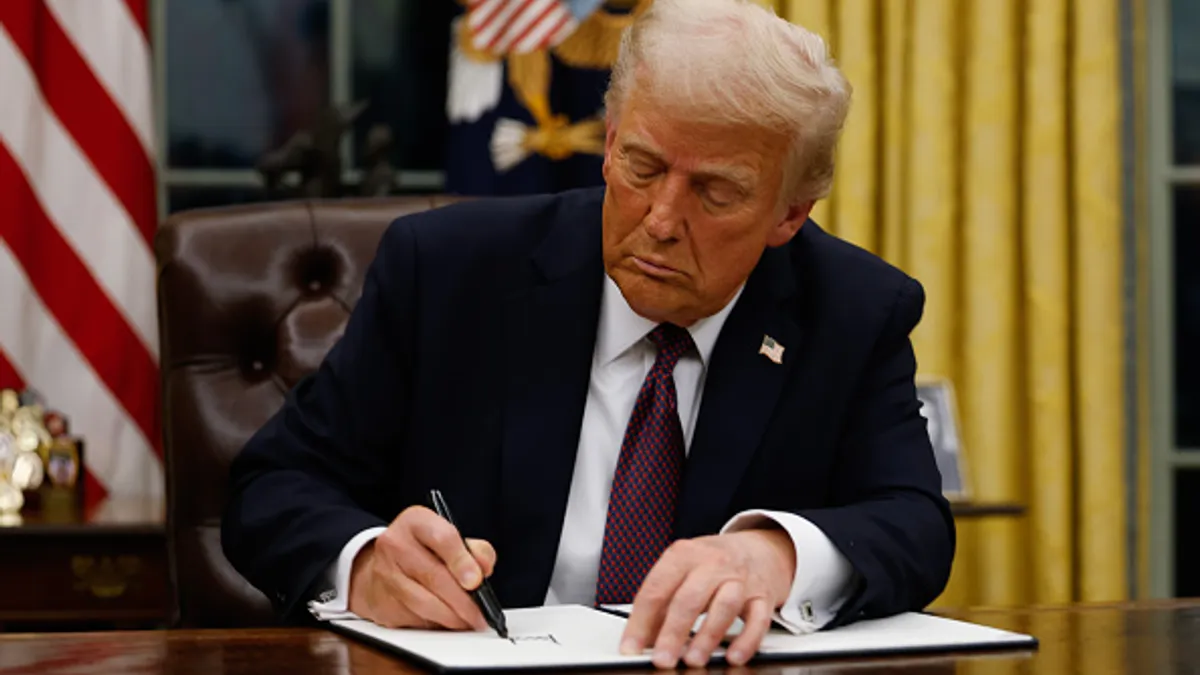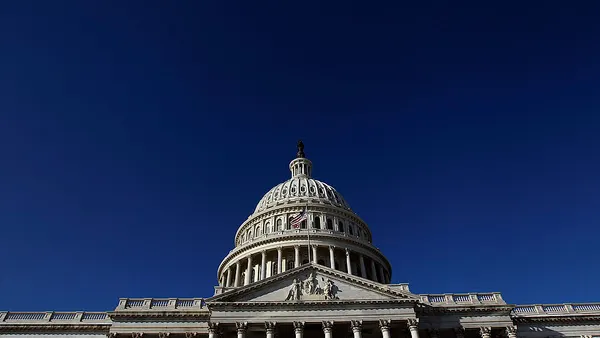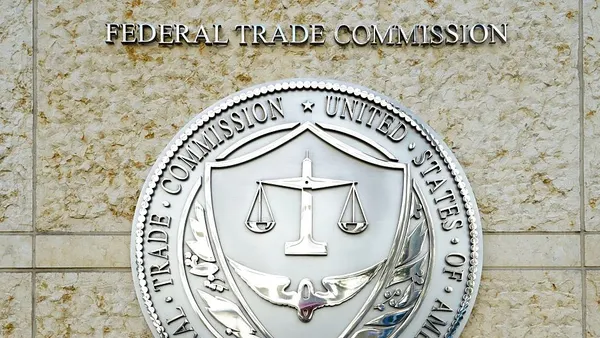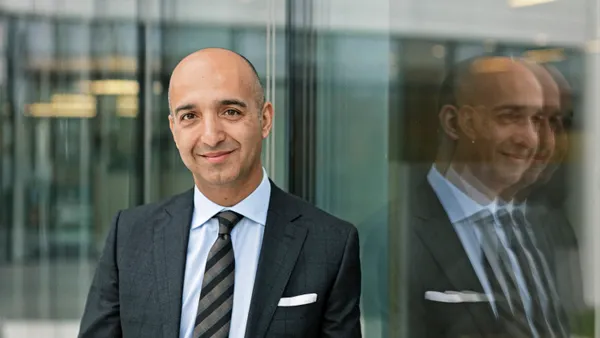Eli Lilly on Thursday responded to a Trump administration plan to lower U.S. drug costs by issuing a statement claiming it will raise prices in European countries to “align” them with the costs paid “across developed countries.”
The statement, which wasn’t attributed to any specific Lilly executive, said the effort includes an agreement with the U.K. government to hike the price of the company’s blockbuster diabetes medicine Mounjaro “while maintaining access” for people with the disease.
Lilly didn’t commit to cutting U.S. prices. But it did say that for prices to be reduced in the U.S., the amounts “paid by governments and health systems need to increase in other developed markets like Europe." The company is working with other, unspecified governments and expects to make “any necessary pricing adjustments” by Sept. 1.
Lilly didn’t specify how it will raise prices in those countries — many of which have nationalized healthcare systems that negotiate drug costs for their entire population — without affecting access. It also didn’t reveal whether the planned hikes would be tied to a drug’s list price or the confidential rebate deals cut between drugmakers and national customers.
The statement also pointed out the difficulty of lowering prices in the U.S. because of the healthcare system’s structure.
“The U.S. system is complex and opaque, with multiple cross subsidies, abuse of government programs like 340B, and insurance cost-sharing burdens for patients,” Lilly said.
Through an executive order signed in May, President Donald Trump aims to link the price paid for drugs in the U.S. to the lowest price paid in other high-income countries. This “most favored nation” policy is also meant to spur price negotiations between the federal government and companies, as well as to push drugmakers to establish new ways to distribute medicines to patients at a reduced cost.
Letters the administration sent to executives at 17 drug companies two weeks ago redoubled that effort while vaguely warning of consequences for companies that don’t comply.
The “most favored nation” policy has come alongside the threat of tariffs on pharmaceuticals, which has spurred many large drugmakers — Lilly among them — to promise to invest billions of dollars in U.S. drug manufacturing.
In its statement Thursday, Lilly reiterated its objections to pharmaceutical levies, arguing they’d “raise costs, limit patient access, and undermine American leadership, especially for companies already investing heavily in domestic manufacturing.”
“We urge the administration and Congress to prioritize strategic incentives that strengthen U.S. manufacturing and supply‑chain resilience without sacrificing access, affordability, innovation, or American leadership,” Lilly said.








